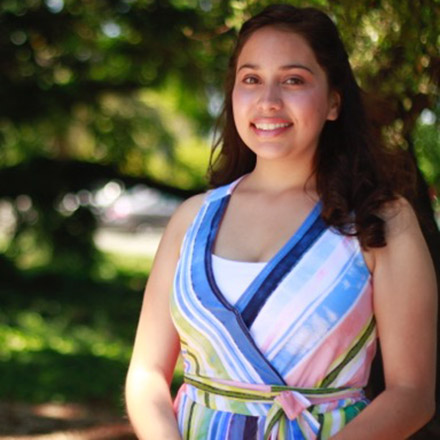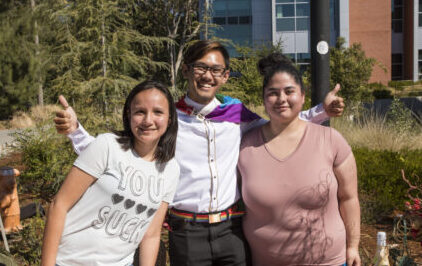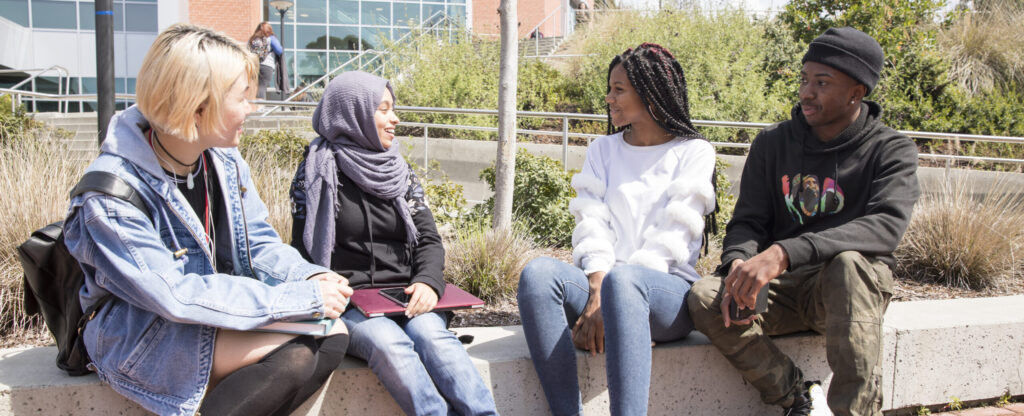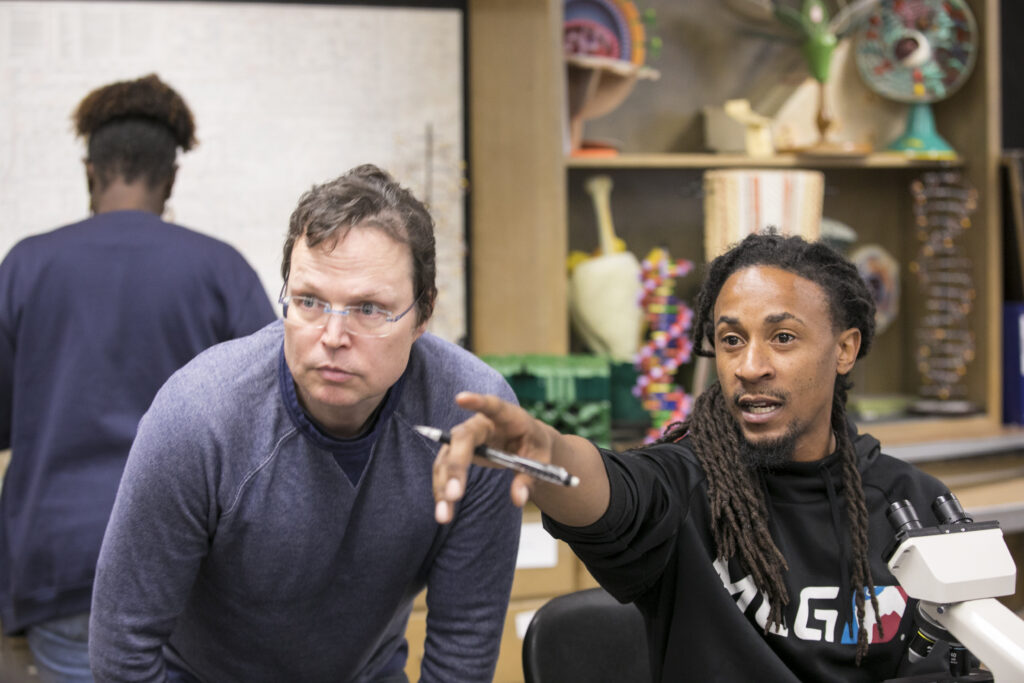Anthropology
Our Anthropology Program, part of the Social Sciences Department, is dedicated to providing top-notch education in a student-centered environment.
Anthropology explores human origins, development, culture, and behavior. Through on-site fieldwork, anthropologists study the customs, values, and social patterns of diverse groups worldwide. They also compare languages, archaeological records, and the physical and biological traits of people across various societies. Some focus on human evolution or the lives of non-human primates, while others address contemporary issues like overpopulation, violence, and poverty.
Anthropology typically divides into five subfields: sociocultural, linguistic, biological/physical anthropology, and archaeology.
Connect with Us
| Manu Ampim |
| General Education Building, Room 308G |
You Can Afford College
Anthropology Program Maps
- Sociocultural Anthropologists examine the customs, cultures, and social dynamics of communities ranging from non-industrialized societies to urban centers.
- Linguistic Anthropologists investigate the history, role, and evolution of language across cultures.
- Physical Anthropologists, such as primatologists, explore our genetic relatives to understand the similarities and differences between humans and other primates.
- Biological Anthropologists study human evolution, search for the earliest evidence of human life, and analyze the interplay between culture and biology.
- Archaeologists recover and analyze material evidence—tools, pottery, cave paintings, ruins, and other artifacts—to uncover the history and daily lives of past civilizations.

Student Resources
Contra Costa College is all about being a welcoming space where you can really thrive.




